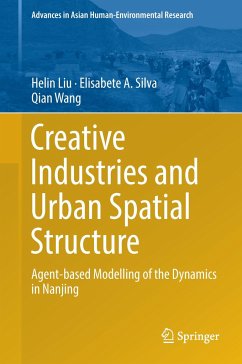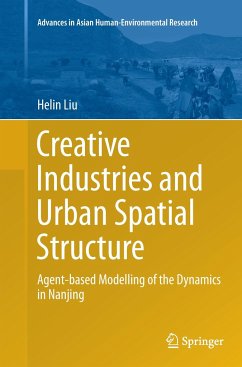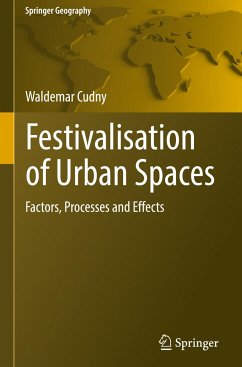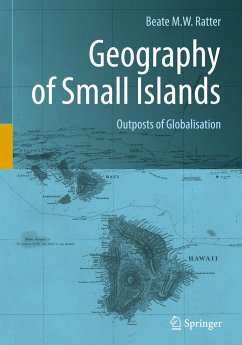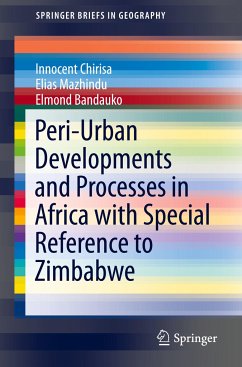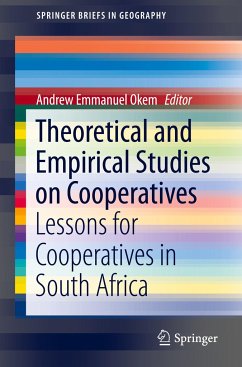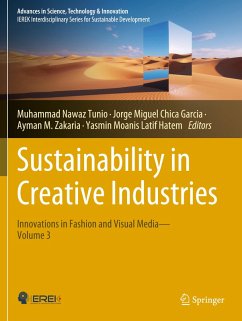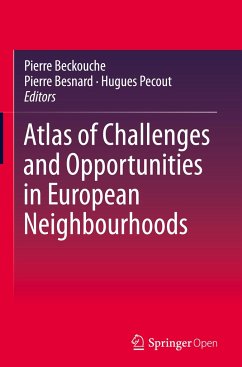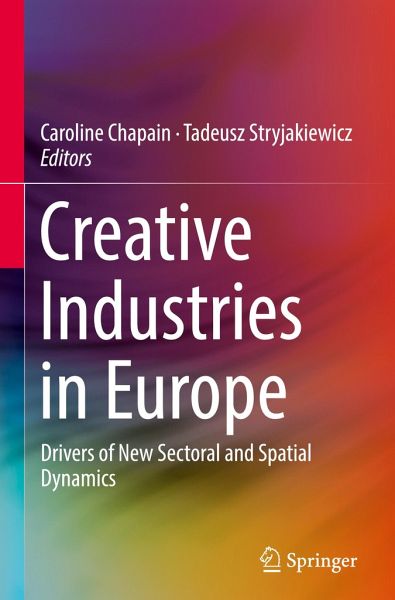
Creative Industries in Europe
Drivers of New Sectoral and Spatial Dynamics
Herausgegeben: Chapain, Caroline; Stryjakiewicz, Tadeusz

PAYBACK Punkte
42 °P sammeln!
This book demonstrates how the creative industries are driving new sectoral and spatial dynamics in European cities, regions, and countries, and how these may be influenced by international and global dynamics. It takes a purposeful geographical approach to the study of the creative industries across various Western, Central and Eastern European contexts since the 2008-2009 recession. Despite the growing research looking at the development of the creative industries in the last 15 years, there are still gaps in the coverage of what is happening in Central and Eastern Europe compared to Western...
This book demonstrates how the creative industries are driving new sectoral and spatial dynamics in European cities, regions, and countries, and how these may be influenced by international and global dynamics. It takes a purposeful geographical approach to the study of the creative industries across various Western, Central and Eastern European contexts since the 2008-2009 recession. Despite the growing research looking at the development of the creative industries in the last 15 years, there are still gaps in the coverage of what is happening in Central and Eastern Europe compared to Western Europe. This book addresses these gaps in two parts focusing on particular geographical scales and creative processes: local interplay between sector and space and the role of the creative industries in regional and national economies after the crisis. The book presents original analyses of the post-crisis environment, and novel data on topics such as the role of institutions in the regulation of the fashion industry in global cities, the impact of clustering on film innovation, location patterns of art galleries, regional specialisations and paths of professional carriers in creative industries.



